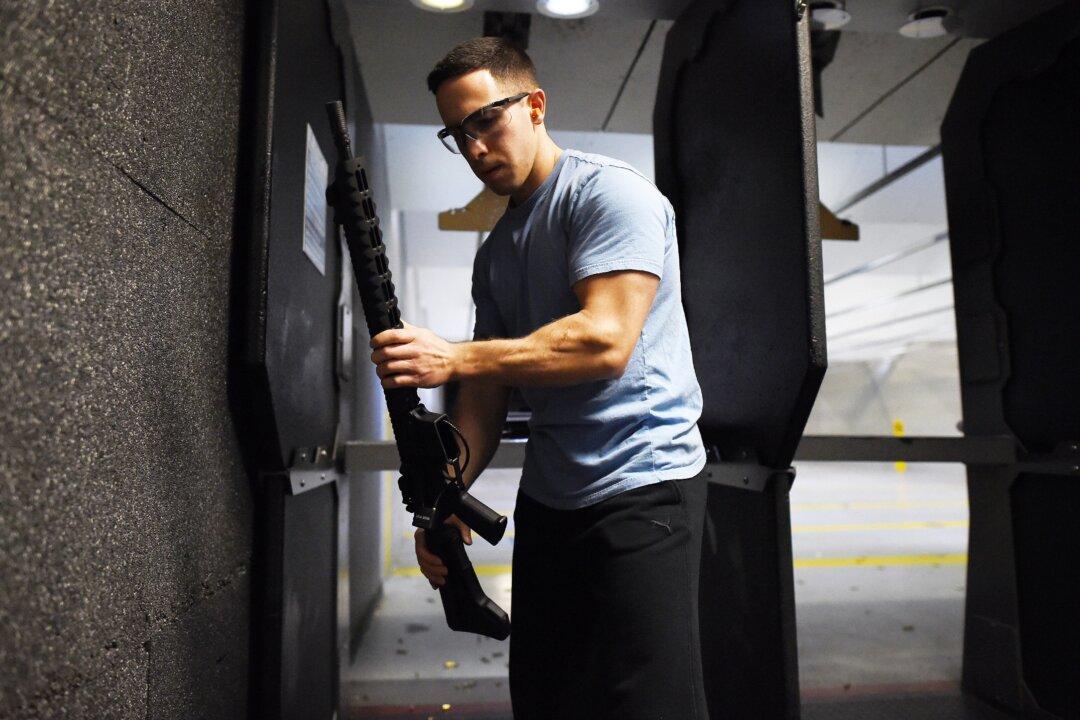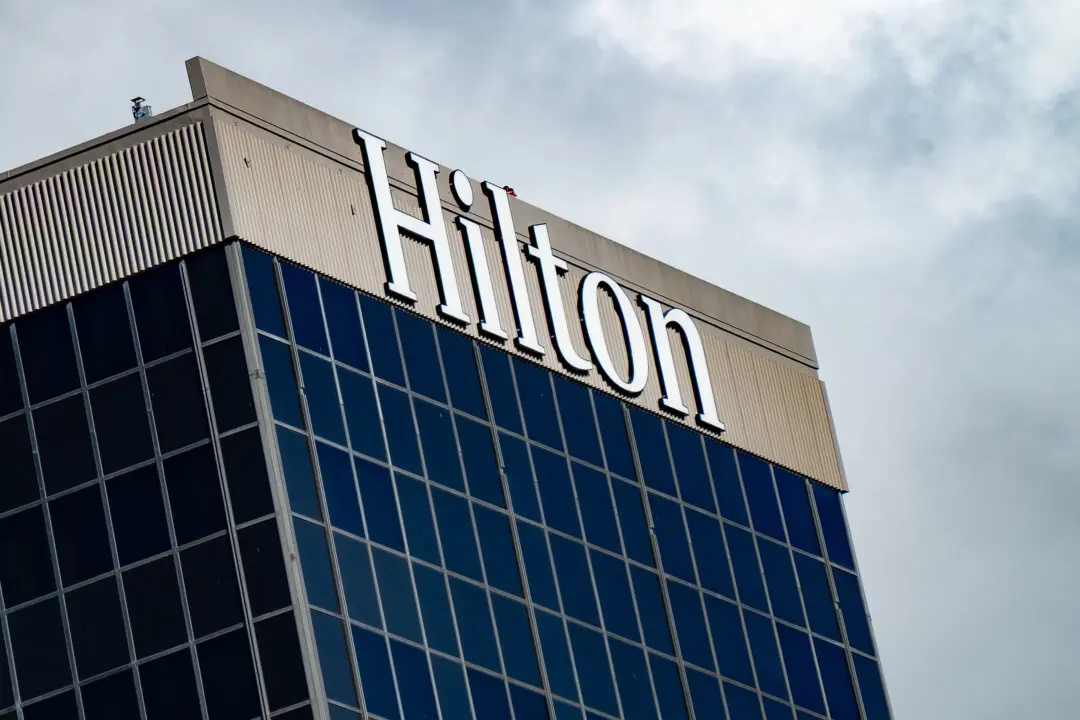A new California law will allow employers, co-workers and teachers to seek “gun violence restraining orders” against anyone they suspect may pose a risk of harm to themselves or others.
Gov. Gavin Newsom on Oct. 11 signed 15 gun-related bills that expand California’s “red flag” laws, making the state’s gun control laws the most restrictive in the nation, according to the Brady Campaign to Prevent Gun Violence. Most of the new laws are to become effective Jan. 1.





